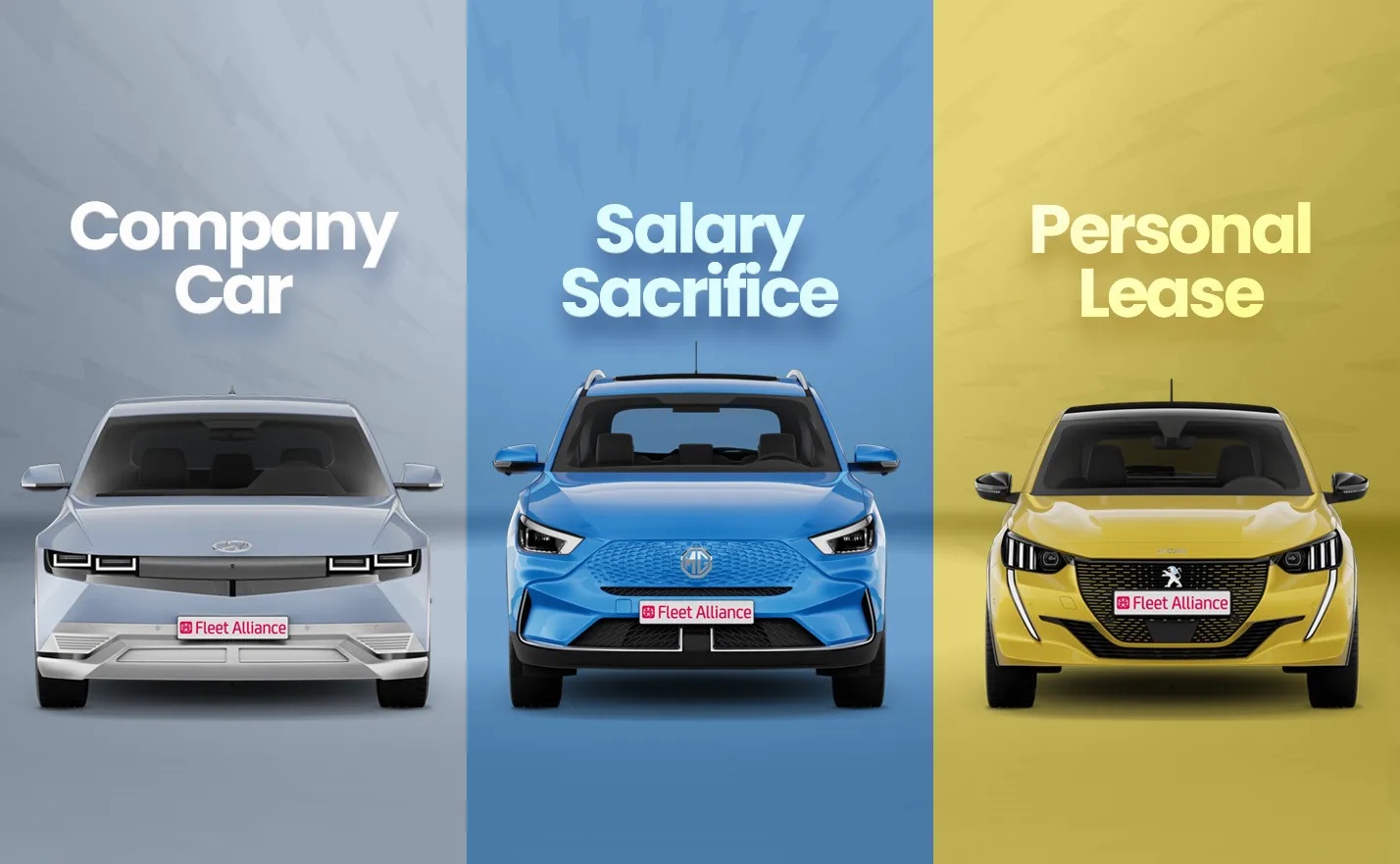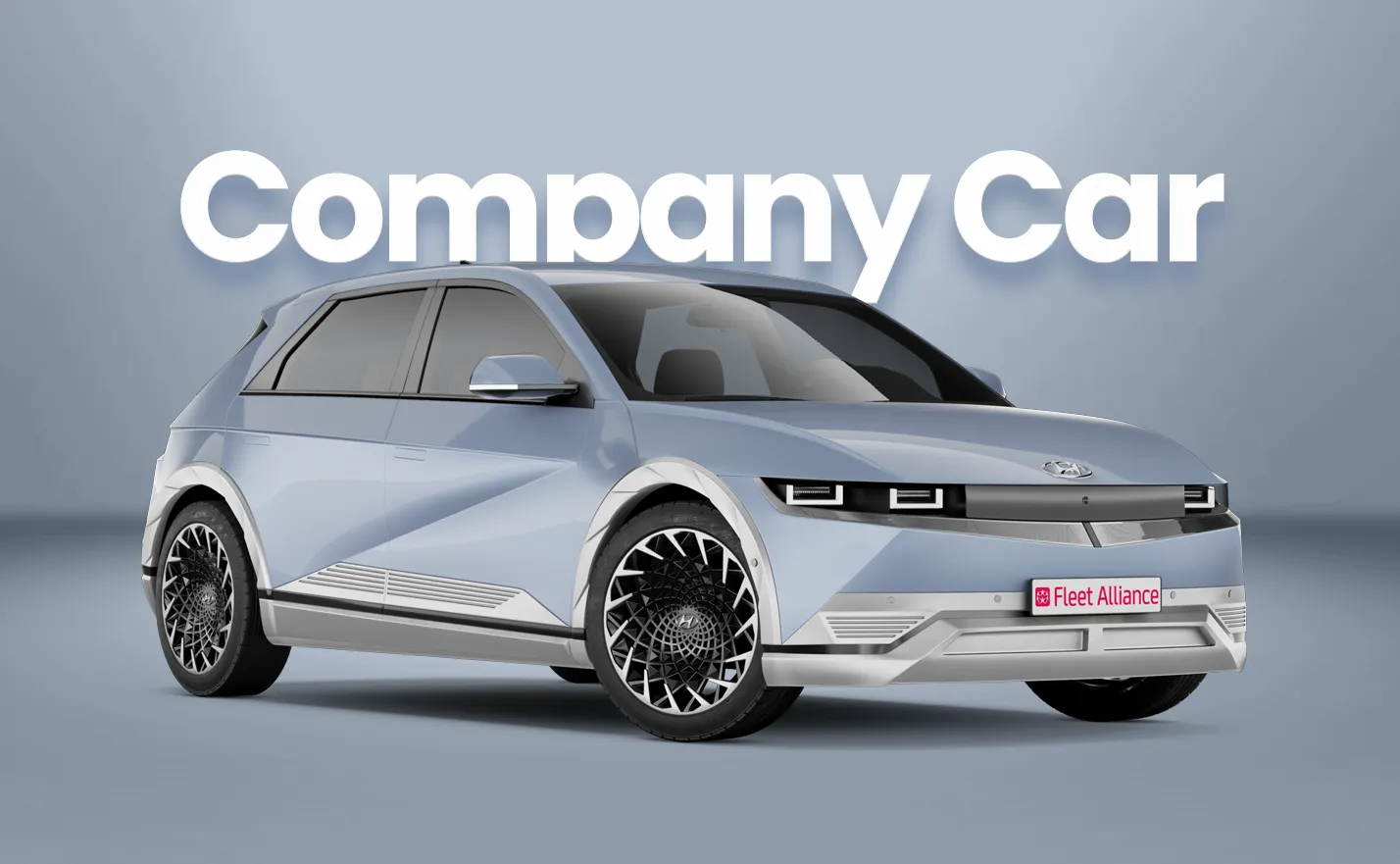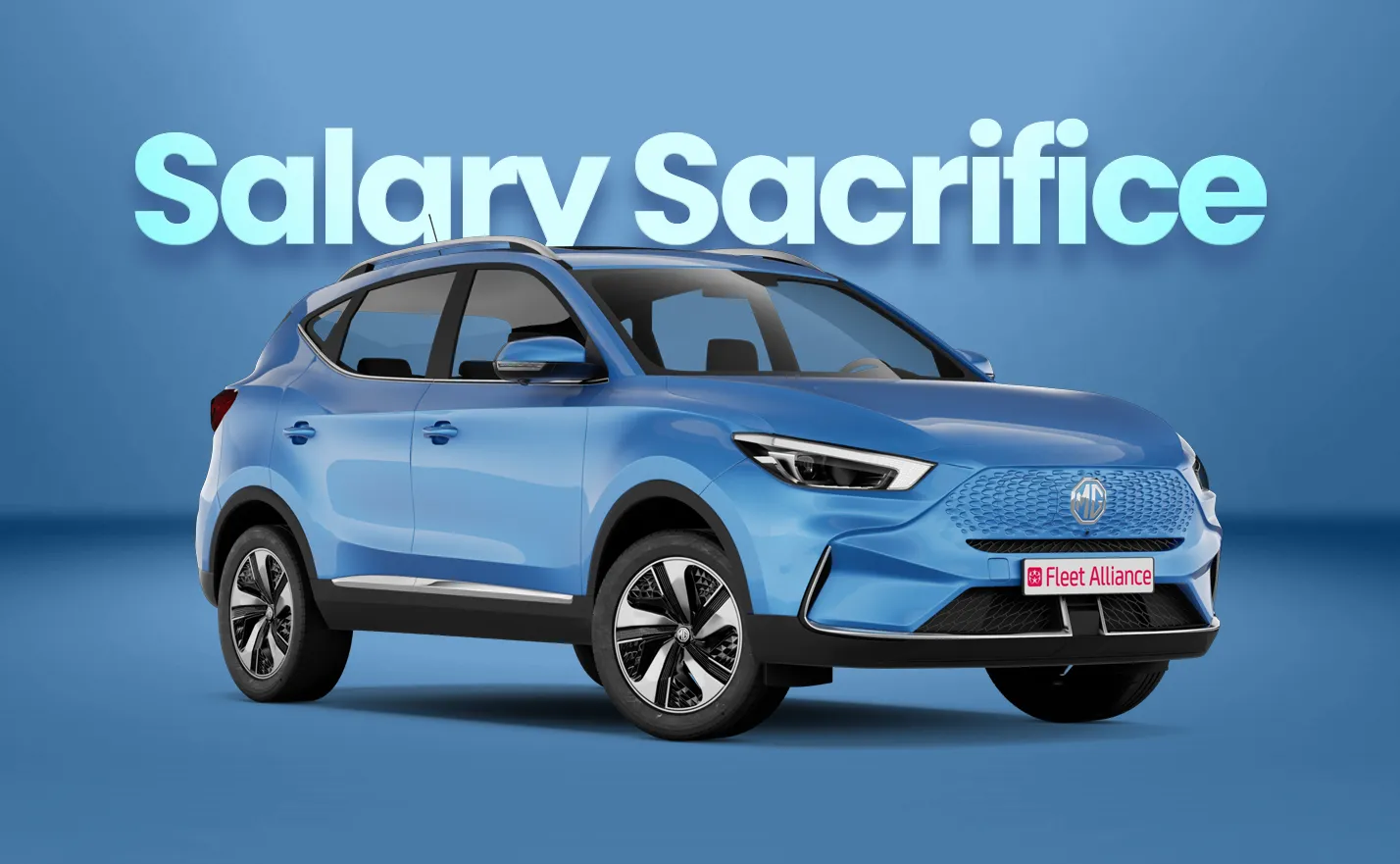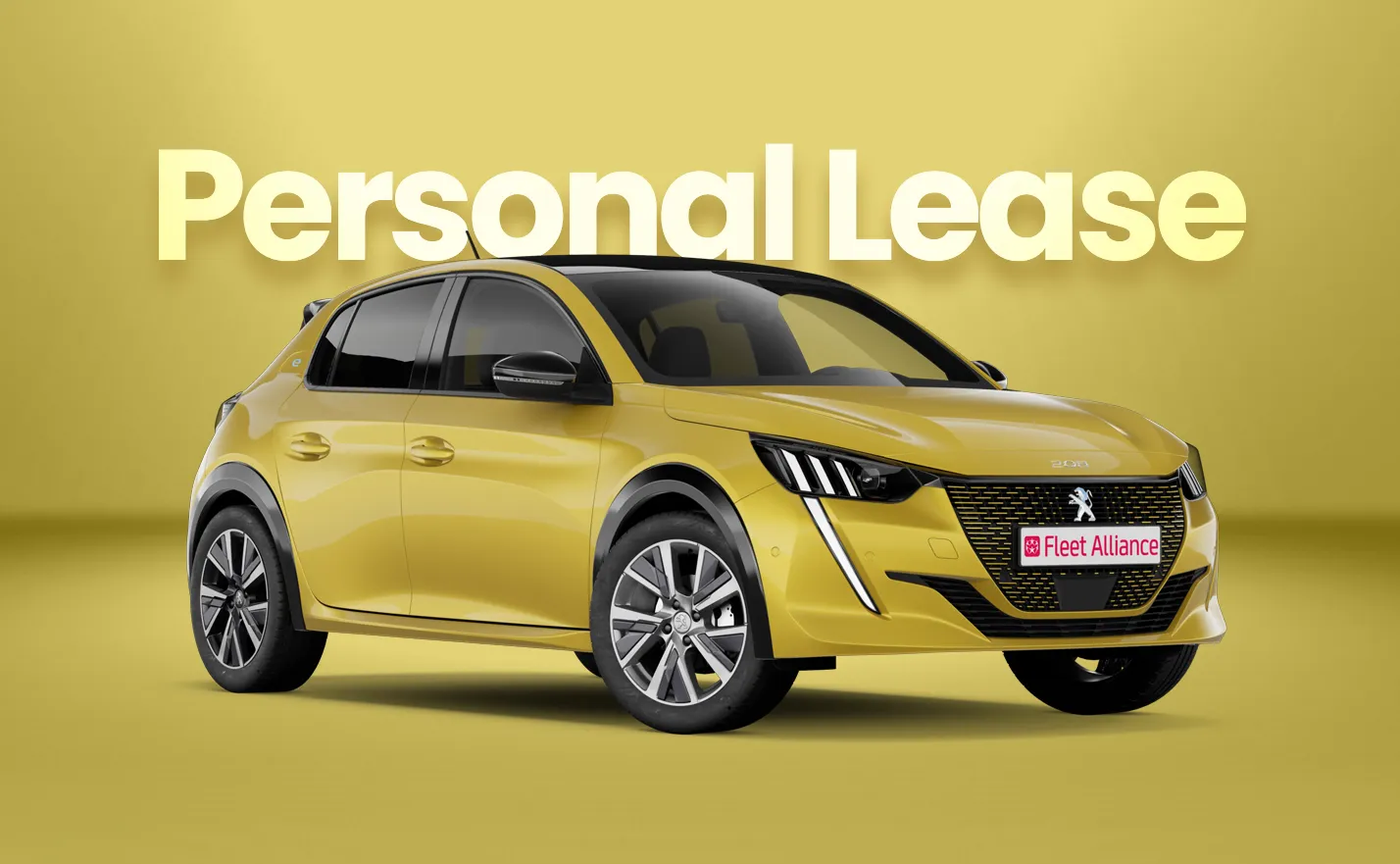S h a r e
Electric car leasing: what you need to know


Posted by
Marc Murphy
July 2023
The world is changing at an unprecedented pace, whether that’s the effect of climate change and the excessively hot temperatures being experienced in Europe, or the vast potential for good and bad of AI and machine learning.
The automotive world is no different. It is undergoing a complete transformation from fossil-powered vehicles to zero emission electric cars.
The technology is exciting. The cars are thrilling to drive and also very relaxing – depending on your mood.
But the technology is still in its infancy and is evolving rapidly. From the first motorised car in 1886, the fossil-fuelled vehicle has had 137 years of development.
By contrast, the first mass-produced electric car appeared on the UK’s roads just 11 years ago in the shape of the Nissan Leaf. That Mk1 Leaf had a range of just over 100 miles. Since then the technological advances have been astonishing with the Mercedes-Benz EQS boasting a range in excess of 450 miles.
And that astonishing level of development continues. At pace.
This makes electric car leasing an ideal way to experience the new electric vehicle technology. There’s no enormous capital outlay to purchase so cash can be preserved within the business.
There’s no exposure to uncertain residual values which takes the risk out of your fleet. And with a three-year leasing cycle, you can always stay ahead of the newest and most efficient technology.
While consumers can access the new electric vehicle technology in a risk-free manner with accessible rentals.
Key stats for electric vehicles
- The current timetable is for new petrol and diesel cars to be banned from 2030 and all vehicles to be zero emission from 2035.
- There have been 153,000 EVs registered in first half of 2023 – a 33% change on this time last year – which now represents over 16% of the car market, more than double that of diesel. (source: SMMT)
- There are 44,408 electric vehicle charging points across the UK, at 25,521 locations (June 2023), representing a 36% increase in the total number of charging devices since June 2022. There has also been a 94% increase in the number of ultra-rapid devices across the country. (Source: ZapMap)
- Charging, though, remains problematic but the Government is taking steps to improve the consumer experience with new Public Charge Point Regulations to improve the experience over payments (contactless rather than a variety of apps), pricing transparency, open chargepoint data including live availability data, and 99% reliability for rapid chargepoints.
- Fleet Alliance has leased 4,000 electric vehicles.
We’ll now look at the best ways to lease an electric car:
Electric car leasing for company car drivers
Electric car leasing through salary sacrifice
Leasing an electric car personally

Electric car leasing for company car drivers
There are three drivers of electric car leasing for company cars:
- The first is the massive benefit in kind taxation savings available to drivers (see example below);
- The second is the National Insurance savings available to businesses thanks to the reduced benefit in kind;
- And the third is the Environmental, Social and Governance (ESG) agenda where business strategy includes fleet decarbonisation.
Let’s start with the tax savings.
The Government wants to incentivise the take up of zero emission cars to accelerate its Net Zero Strategy commitment. It is using taxation to do this through extremely low benefit in kind rates for electric cars.
The percentage of P11D charged on an electric vehicle company car is currently 2% which rises to 3% in 2025/26, to 4% the following year and 5% in 2027/28. The effect on take home pay for a driver is substantial. For example, a driver of a diesel BMW 320d M Sport currently pays £5,225 a year at the 40% tax rate; swapping that same driver into the electric BMW i4 70.2kWh eDrive35 Sport and they would pay £400 a year at the 40% tax rate. The difference is the equivalent of a substantial pay rise.
Example of company car tax payable in an electric car

Hyundai IONIQ 5 Electric 77.4 kWh Premium RWD 225PS Auto
For the business, the savings come in the form of the reduced Class 1a National Insurance Contribution (NIC) payable on the hugely reduced benefit in kind paid by the driver. There are also savings to be made on whole life costs, thanks to the reduced running costs of electric cars over their driver lifecycle compared with a traditional diesel fleet vehicle.
Finally, electric leasing for company car drivers is an increasingly important factor in company ESG agendas.
According to audit, tax and advisory service firm KPMG, “Customers, investors, employees and other stakeholders rightly expect to see coherent and thoughtful strategies from businesses on how to balance sustainable environmental commitments with profitable growth.” Placing employees in electric company cars is a way to demonstrate such ESG commitment.
What are the drawbacks to leasing electric company car vehicles?
Electric cars cost more than petrol or diesel company cars, which will alter traditional company car bandings. A business will have to reconsider its bandings by using whole life cost analysis and communicate this altered strategy effectively to employees. It may well require the assistance of an external fleet management supplier.
Established methods of fuel reimbursement will need to be reconsidered along with how drivers can charge their vehicles. For drivers with off road parking then home charging is the cheapest method, but does the business pay for the charger? And what about those drivers that live in flats – they will need to pay more for electricity using public chargers. Who pays for that?
And while the number of public electric car chargers is expanding rapidly there remain issues associated with range anxiety and charger availability.
Drivers will also notice a reduction in the amount of range during winter months when the colder weather affects battery performance.

Electric car leasing through Salary Sacrifice
What are the benefits of electric car leasing through Salary Sacrifice:
Salary sacrifice is the fastest growing method of vehicle finance. It achieves a variety of positive outcomes, including making electric cars available to all eligible staff (not just company car drivers), improving employee benefits and staff retention and helping companies meet their ESG action plans.
Like many other salary sacrifice schemes, electric car leasing salary sacrifice involves deducting the car lease from an employee’s gross salary. The resulting tax and National Insurance savings made on the deduction – notwithstanding the small amount of company car tax levied – help pay for the car which is cheaper than leasing the car personally.
The huge benefit for employees is the provision of a fully maintained and insured vehicle, so all staff need to do is ensure that the car is topped up with electricity. Another often overlooked benefit is that staff keep their own personal credit lines open – the lease is paid for by the business.
Here’s an example of how electric car salary sacrifice works so well for employees. Our example is the popular MG electric SUV.

MG ZS 130kW SE EV 51kWh 5dr Auto
Lease term three years/5,000 miles per annum; tax rate 20%
The saving per month over the three year term using salary sacrifice is over £214 per month.
For fleets with a large number of grey fleet – drivers using their own personal cars for business – salary sacrifice is an effective method of reducing employer risk, improving duty of care and ensuring staff drive the most modern cars.
Are there any drawbacks to salary sacrifice?
The drawbacks to electric car salary sacrifice schemes are the implementation – a business will need an expert salary sacrifice supplier that can not only deliver the framework and cars, but provide the technical HR support.
Effective communication to the employee database is required to popularise the benefit to staff – many such schemes falter due to insufficient promotion of the benefits.
The main ‘elephant in the room’ for salary sacrifice, though, is early termination – when an employee leaves the organisation before the end of the lease agreement, or maternity leave is required – how is the remainder of the lease handled? Who pays?
There may also be employee resistance when a similar non electric vehicle can be personally leased at a significantly cheaper rental.

Leasing an electric car personally
What are the benefits of taking an electric car on a personal lease:
Unlike leasing electric vehicles for company car drivers or providing staff with access to electric vehicles through salary sacrifice, there are no tax incentives for consumers that wish to personally lease an electric vehicle.
Nevertheless, personal leasing an electric car offers greater affordability than purchasing outright or via hire purchase. And while there is no vehicle to sell at the end of the agreement, leasing allows consumers to renew their vehicle on a regular basis to keep pace with the latest advances in EV technology.
There’s also the lure of lower maintenance since electric cars have far fewer moving parts than traditional petrol or diesel-powered cars, which means that they usually require less maintenance. There will be no oil changes required is an obvious example of this.
And of course there’s the very real benefit of helping reduce carbon emissions by driving a zero emission vehicle.
Here are the typical personal lease rentals of an electric car

Peugeot 208 E-208 Electric Hatchback 100kW GT Premium 50kWh 5dr Auto
The Peugeot is a popular and likeable EV and in GT Premium trim it comes with an excellent specification while the 50kWh battery pack delivers a really usable 190 miles of range. Including maintenance over the four year lease is a good idea to offer the consumer complete motoring cost peace of mind. The only items required are insurance and electricity.
What are the drawbacks of personally leasing an EV?
The main drawback to leasing an electric car personally is that there are many competitive rentals at lower prices for fossil-fuelled vehicles. Even though the running costs of an electric vehicle will be lower, the attractiveness of lower rentals for a petrol car cannot be underestimated at a time when household incomes are under pressure.

Why lease from Fleet Alliance?
Fleet Alliance has been funding vehicles successfully for over 20 years across all forms of finance. With such depth of knowledge, your business can benefit from our unparalleled experience in providing the vehicle funding you require to successfully execute an electric vehicle strategy.
Whether that’s business contract hire for company car drivers, the provision of salary sacrifice for employees, or simply you want to personally lease an electric vehicle, we have the capabilities to provide the award-winning service you expect and the experience onhand to help you transition to zero-emission vehicles. Speak to our electric car leasing experts today.

